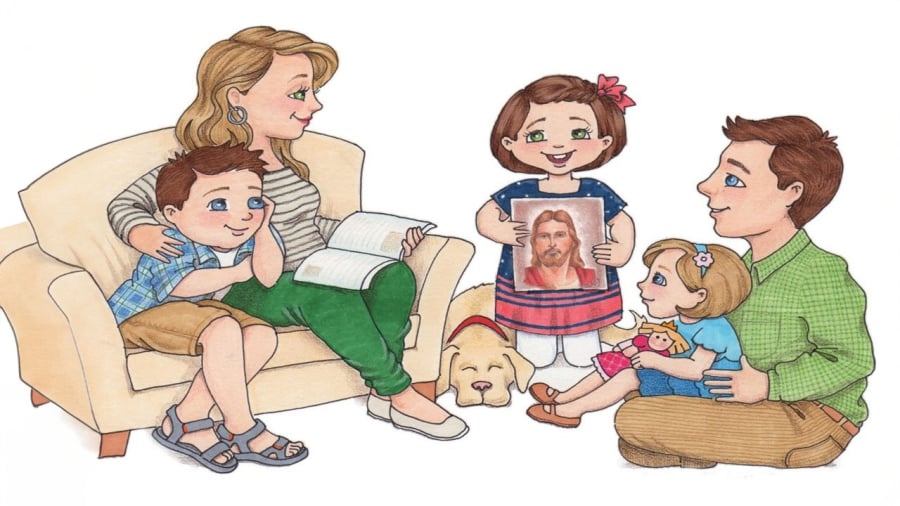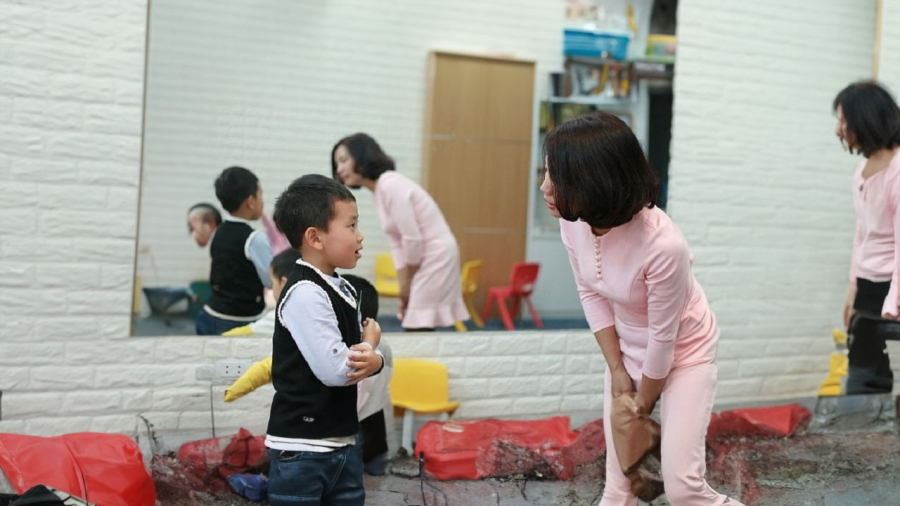Every parent loves their child, but the wrong way of raising them can lead to parenting failure. There are even parents who complain about how they love their children so much, yet their children do not want to be close to them, misbehave, and grow distant as they get older. So let’s see if you fall into these 3 types of parents:
Parents who constantly complain about their sacrifices and hardships to their children
Having children is difficult, and raising them is even harder. Parents often complain about their sacrifices and hardships to their children, which makes their children feel like a burden. Many people think that they need to complain in order to instil gratitude in their children. Some people often say things like “Your parents are struggling because of you”, “Your parents are doing this only for you, otherwise…”, “When you grow up and start working, remember to give your mother some money”, “You should remember that without your parents…”, “Your parents are sacrificing so much for you”… These things are not how you teach children gratitude. Gratitude needs to be nurtured through the parents’ own gratitude for life and others, not through complaining about sacrifices. Complaining about sacrifices demands gratitude, which is not a positive attitude in building emotional relationships, including parent-child relationships.
When children constantly hear their parents complain, they are psychologically burdened and feel obligated to repay their parents. Sometimes, life becomes joyless, and children don’t feel happy in their families; they only feel pressure that their parents are burdened with raising them, and they feel pressured to repay their parents.

Therefore, instead of complaining, it is better to enjoy the company of your children and build a happy family. Be filial to your parents as an example for your children to follow, rather than complaining about sacrifices. Complaining about sacrifices only portrays parents as burdened and exhausted. You don’t need to hide the difficulties you face from your children, but you don’t need to constantly complain either. Your children will gradually understand and feel the love and trust from your own optimism and affection.
Parents who always say “You’ll understand when you grow up”
Young children are not as clueless as adults think. When they ask questions, it means they have a need to know and understand. The answer “You’ll understand when you grow up” is like pouring cold water over them. So they will try to grow up, but it’s something that doesn’t happen spontaneously. Answer your children’s questions directly, and if you can’t answer them, make a promise to find out and fulfill that promise, avoiding evading or avoiding your child’s questions. Saying “You’ll understand when you grow up” is an irresponsible answer from parents and shows that parents are not the most trustworthy and reliable people for their children to turn to when they need them most. When children don’t trust their parents, they will seek out others, perhaps outsiders. That’s why it’s best to avoid this phrase.

Parents who do not respect their children’s privacy and treat them as their possessions
Parents sometimes think that their children belong to them, so they can do whatever they want. They invade their children’s rooms or search through their drawers. Children need to be respected and have their own personal space, and they also need to learn how to treat others appropriately in this modern age. There are things that belong to the children, and parents need to ask for their opinions before using them or making decisions. Parents making decisions for their children or intruding on their personal space will make children uncomfortable, feel controlled, and lack respect. Moreover, children will try to create even more private spaces to avoid their parents.
Parents who always see their children as their possessions, making decisions for their children, thinking that they are doing everything for their children, and that their children are theirs, is not correct. This will make children feel restricted and tired, and sometimes they will make the wrong choices.
Children with parents who fall into these 3 types often feel pressured to live with their parents, and as they grow older, they feel even more pressure and just want to distance themselves.





































